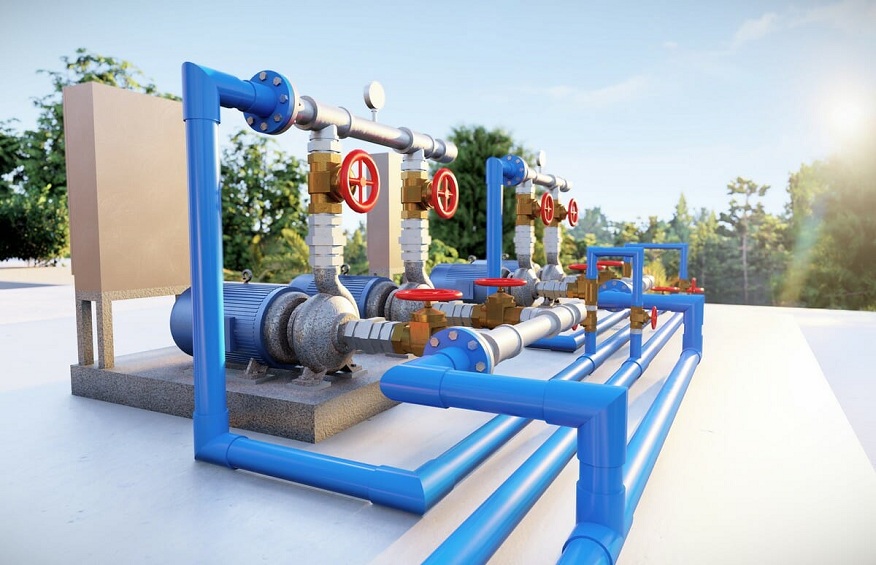
Making a Sustainable Choice: Evaluating the Impact and Efficiency of Modern Heating Systems
People all over the world are searching for innovative ways to reduce their environmental footprint in an effort to build a more sustainable future. An essential part of achieving this aim is making the most of our energy use, particularly when it comes to heating our homes and places of business. Commercial water source heat pumps are one such cutting-edge technology that has recently gained popularity. They promise to increase energy efficiency while also working toward a greener, more sustainable future.
For a number of reasons, switching to more ecologically friendly heating systems is essential. First off, traditional heating methods that rely on fossil fuels like natural gas or oil are costly, unpredictable, and harmful to the environment. Because the carbon emissions from these systems are a major contributor to the phenomenon, it is imperative to look at alternate technologies that can minimize the effects of global warming. Commercial water source heat pumps have a compelling case to be used in this situation.
Commercial geothermal heat pumps, also known as water source heat pumps, provide heating and cooling solutions by tapping into the dependable, sustainable energy found in the Earth’s crust. To effectively control interior temperatures, these systems rely on the soil’s constant temperature or a water source, such as a lake or pond. Simple: in the summer, the process is reversed to provide cooling; in the winter, heat from the earth is brought into the structure. Because these technologies have a significant potential to reduce energy use and carbon emissions, their effectiveness and impact must be considered.
One of the most notable advantages of commercial water source heat pumps is their high efficiency. In contrast to conventional heating systems that generate heat by burning fossil fuels and frequently lose a sizable portion of energy in the process, water-source heat pumps have the capacity to give numerous units of heating or cooling for each unit of electricity required. Ultimately, this efficiency might lead to significant energy savings and decreased electricity prices.
Commercial heat pumps with a water source can offer significant environmental benefits. These systems employ geothermal energy, a renewable resource, which considerably reduces carbon emissions as compared to traditional heating techniques. Their deployment reduces the demand for electricity produced by coal or gas power plants as well as the direct emissions linked to burning fossil fuels. Both the improvement of air quality and the battle against climate change benefit from this twofold reduction in emissions.
The long-term cost-effectiveness of heating systems must be considered while assessing their sustainability. Commercial water source heat pumps are more expensive to install initially than traditional systems, but due to the potential for energy savings and reduced maintenance costs, they may turn out to be a good investment over the course of the system’s lifespan. The financial advantages of selecting a sustainable heating system are increased due to rising energy prices and stricter environmental laws.
Commercial water source heat pumps stand out for their adaptability in addition to their effectiveness and price. These systems may be put in both small and large commercial buildings, making them a great option for a variety of functions. They function best close to bodies of water like lakes, ponds, or groundwater where efficient heat exchange can occur.
Commercial water source heat pumps are becoming a practical and efficient alternative for heating and cooling systems as a result. Because they may use geothermal energy, which is renewable, reduce carbon emissions, and provide long-term financial benefits, they are a viable alternative for both residential and commercial use. In order to reduce our carbon footprint and ensure a greener future as the world moves forward with its transition to a more sustainable future, evaluating the efficacy and effects of modern heating systems, such as commercial water source heat pumps, is essential. By selecting the right heating technology, we could contribute to the development of a cleaner, more sustainable environment.


